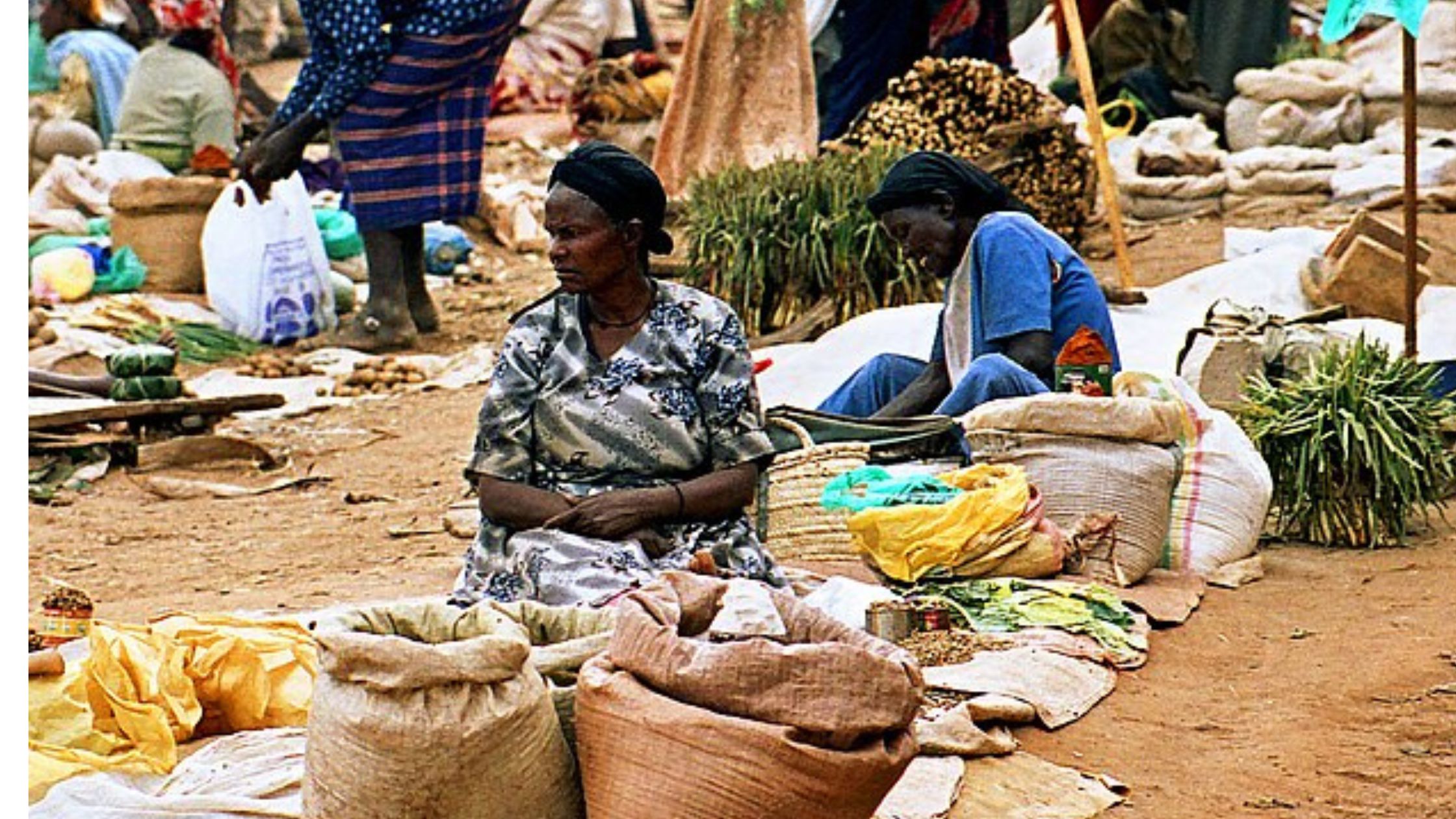Electricity in Nigeria has never just been about power. It’s about frustration, about hope, about fairness, and, increasingly, about money. When the government announced a 35% cut in electricity subsidies following a steep tariff hike for high-usage consumers, the reactions were instant. Some welcomed the change as a necessary evil to fix a broken system. Others saw it as yet another burden falling squarely on the shoulders of ordinary Nigerians who are already struggling. And then there are those who are just tired—tired of paying more and still sitting in darkness for hours on end.
For years, electricity in Nigeria has been subsidized to keep it affordable, especially for poorer households. But those subsidies have drained the government’s finances and left power generation companies with billions in unpaid debts. It’s a system that has slowly collapsed under its own weight. By increasing tariffs for the top 15% of consumers—mostly businesses and higher-income households—the government says it’s creating a more sustainable path forward. They’ve already brought in an extra 700 billion naira since the hike, and the subsidy bill has dropped by over a third. It sounds good on paper. But for many people, it doesn’t feel like a win. It feels like paying more for the same unreliable, erratic service they’ve always had.
Power in Nigeria is still a luxury for millions. People run their homes on generators, burn through fuel they can barely afford, and pray for electricity during exam weeks, business hours, or emergencies. So when they hear about subsidy cuts and policy reform, they don’t think about macroeconomics. They think about their children sweating through the night. They think about their frozen goods spoiling. They think about the hospital down the road that just went dark again. And that’s the challenge. The government says it’s making hard choices for the sake of a better future, but that future needs to show up soon. Because for too many Nigerians, electricity isn’t a service—it’s a daily battle.








Leave a Reply